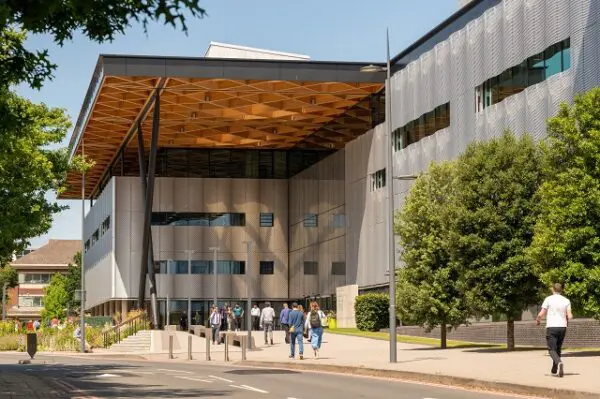
Aarhus, Denmark
FinTech and Digital Banking
When:
27 July - 12 July 2026
Credits:
5 EC
Read more
Economics
When:
18 July - 08 August 2025
School:
Institution:
UCL
City:
Country:
Language:
English
Credits:
7.5 EC
Fee:
2850 GBP

The module wishes to take students on a journey of discovery and wider understanding, when thinking about complex sustainable development challenges. The focus is on the global wicked problems of climate change and social inequalities, as well as the societal responses to these, particularly from an economics lens. Contrary to the conventional way of teaching economics, the module pursues a tour-de-force of diverse and rich economic perspectives, rather than following standard textbooks and their typical insistence on a particular strand of economic thinking.The module is problem-oriented with special attention given to critical thinking, differing views, and practical and policy implications. The emphasis is first on observed empirics and factual trends concerning the respective sustainability provocations, before diving into the explanatory body of pluralist economics and wide range of policy actions. Moreover, the module aims to boost students’ creativity and imagination, engage participants, and allow for plenty of interaction. It also proposes a novel, experimental element to the teaching method by connecting economic thinking with the world of arts and culture, in order to illustrate, more vividly, a point.
Dr Şerban Scrieciu
This is a level one module (equivalent to first year undergraduate). No prior subject knowledge is required to study this module but students are expected to have a keen interest in the subject area.
Upon successful completion of this module, students will:
understand the nature and properties of sustainability problems
understand the main facts behind the sources and possible consequences of manmade greenhouse gas emissions and rising social inequalities
be aware of a wider range of economic perspectives in explaining both economic behaviour and the interactions between the economy, the environment and the social dimension
think more holistically when shaping solutions for socially-just and climate-smart futures
be more open to readily link science with arts, and more likely to accept the role that esthetical and ethical value judgements play in influencing innovation and societal developments
Fee
2850 GBP, There's a built-in tuition fee discount for students studying for 6 weeks (2 modules).
When:
18 July - 08 August 2025
School:
Institution:
UCL
Language:
English
Credits:
7.5 EC

Aarhus, Denmark
When:
27 July - 12 July 2026
Credits:
5 EC
Read more

Aarhus, Denmark
When:
27 July - 12 August 2026
Credits:
5 EC
Read more

Coventry, United Kingdom
When:
12 July - 01 August 2026
Credits:
4 EC
Read more